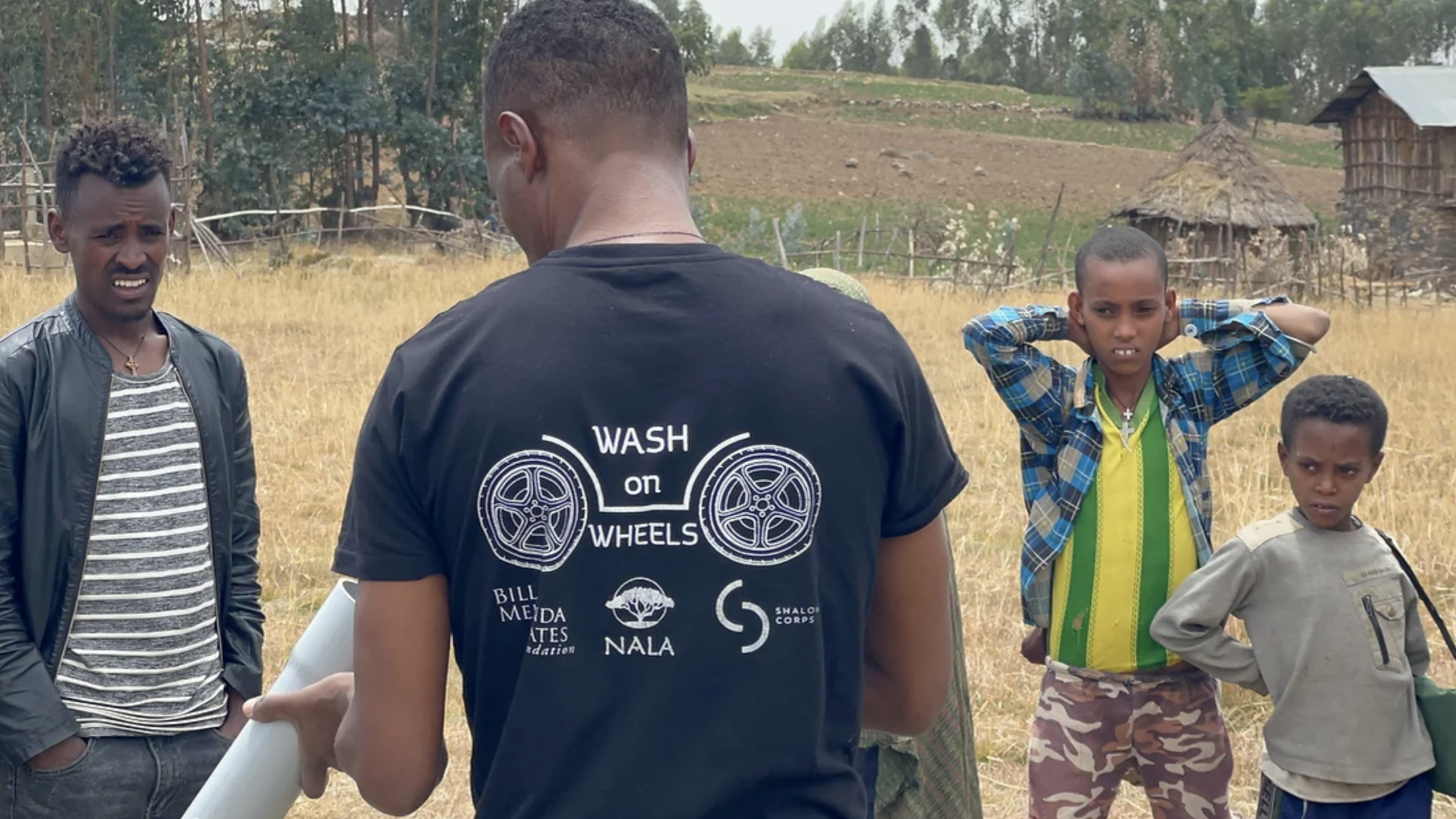For eight years a broken handpump, responsible for providing safe water access to 1200 children, stood in an elementary school in Debre Tabor town. The handpump had stopped working a month after it was built.
This is a story that is repeated throughout the world; major investments are made towards WASH infrastructure installed in schools, health centres, and communities by Governments and NGOs, in an effort to improve water, sanitation, and hygiene (WASH) access and in turn health. But with a lack of knowledge, materials, and expertise, WASH infrastructure is ill-maintained, becoming non-functional often soon after it is installed. In Ethiopia alone, despite almost 100% infrastructure coverage, only 23% of schools have access to water.
The absence of sufficient water access places children at risk for several diseases, both directly and indirectly. Directly, the consumption of dirty water can transmit water-borne diseases causing diarrhoea amongst other issues. Indirectly, the inability to maintain good hygiene standards and a sanitary environment can spread diseases such as trachoma, a disease that is associated with facial cleanliness and intestinal worms from contact with contaminated soil because of open defecation.
Equipped with tools and expert technicians, a mobile water clinic arrived at the school on the 24th of May 2022. Within 4 hours, with the help of the community, and at a cost of approximately $150 the handpump in Debre Tabor had been fixed, restoring water access to 1200 children. This work was done by NALA as part of its WASH on Wheels project, in partnership with the Bill and Melinda Gates Foundation and Shalom Corps, which aims to fix infrastructure, train local individuals, and maintain safe water access in schools.
The WASH on Wheels project aims to bring and maintain water access to 150 schools and 150,000 children by the end of 2022.
This World Water Week approximately half of schools around the world do not have handwashing facilities, 207 million people spend over 30 minutes collecting water, 2 billion people use contaminated water sources, and devastatingly, every day over 700 children under age 5 die from diarrhoea linked to unsafe WASH access.
With simple interventions that utilise existing infrastructure at a low cost and ensure sustainability through improving community ownership, we can, together, provide safe water access for school children.
One drop at a time, one mile at a time, one school at a time; let’s make this world a safer and healthier place for our children.
